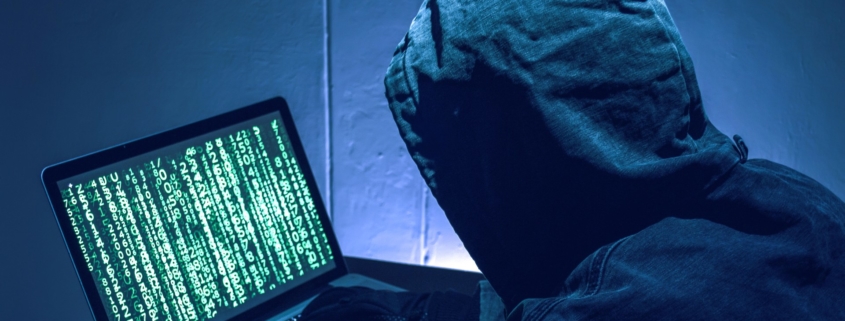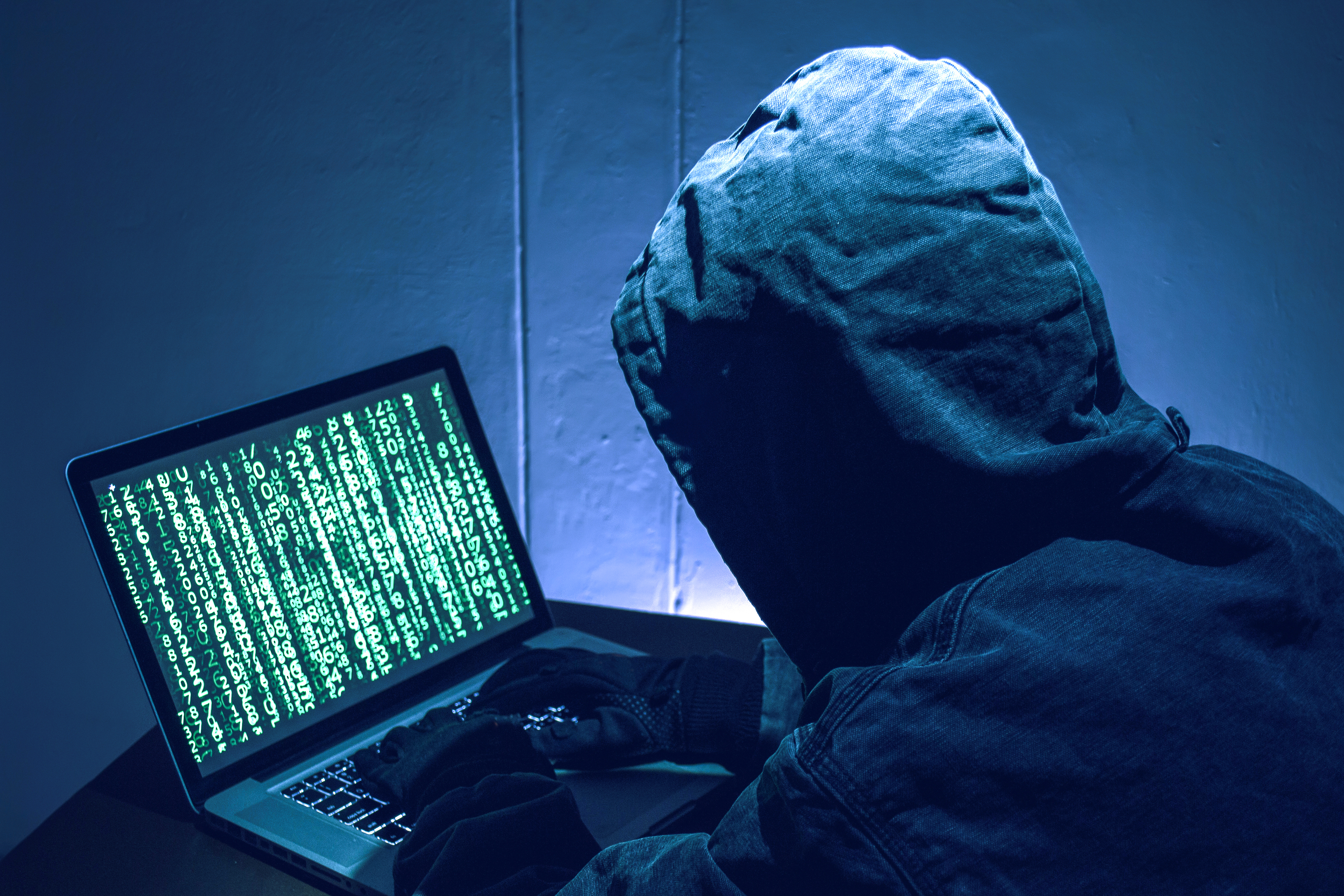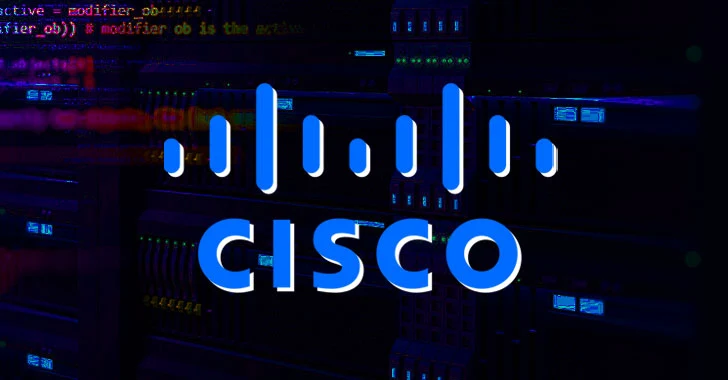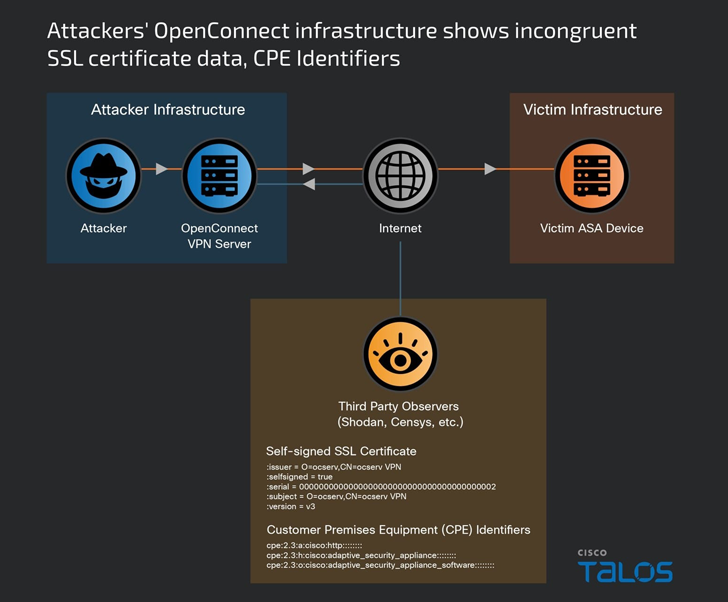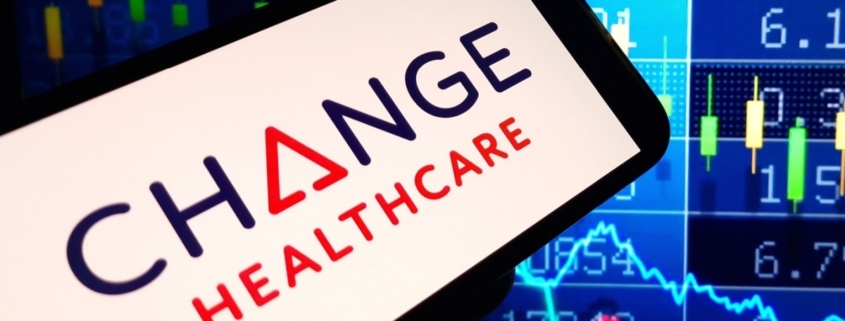Brits will be protected from hackers exploiting smart TVs and baby cameras under new law
BRITS will be protected from hackers exploiting baby cameras and fridges under new laws starting today.
Regulations clamping down on cyber crooks spying on homes will make manufacturers build extra security features into internet-connected products including washing machines and game consoles.
It means passwords which are too easy to guess – like “password”, “admin” or “12345” – will be banned from use.
Manufacturers will also have to set up bug-reporting hotlines and email addresses to help make tech fixes quickly.
The new laws are part of the government’s £2.6billion National Cyber Strategy to protect the UK from web attacks – including hack bids by foreign nations like China and Russia.
Earlier this year Which? research revealed that a home with smart devices could be exposed to more than 12,000 hack efforts in a week, with 2,700 attempts to guess weak default passwords on just five devices.
The average home has nine devices connected to the internet and half of households own a smart TV, which can be exploited by criminals to access personal information.
Hackers have even previously accessed baby cameras and video doorbells to spy on families and collect details which can later be sold on the black market.
Technology Secretary Michelle Donelan told The Sun: “From today, UK consumers and businesses buying smart devices, from TVs and gaming consoles to speakers and doorbells will enjoy game-changing protections from hackers and cyber threats.
“The UK is the first country to set minimum cyber security requirements for these products, and we are leading the charge when it comes to keeping consumers safe online.
“These world-leading regulations will see consumers protected by the banning of easily-guessable default passwords like ‘admin’ or ‘12345’, and more transparency from manufacturers around how long products will receive security updates for.”
David Rogers, boss of cyber security firm Copper Horse, added: “Getting rid of things like default passwords that are set to ‘admin’ or ‘12345’ are fundamental basics.
